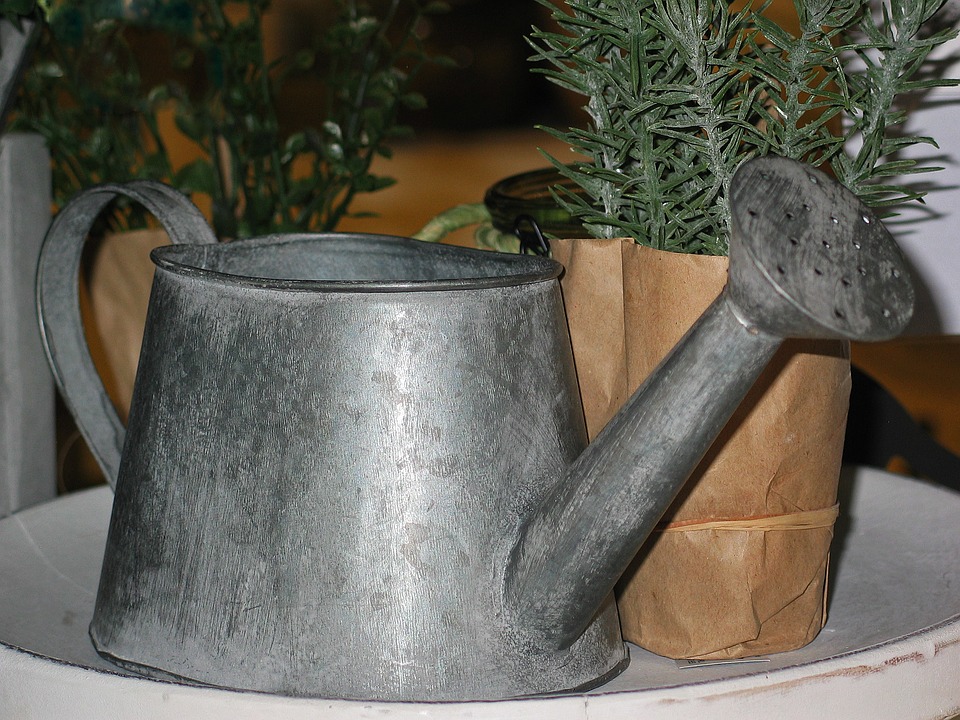Do you like to have beautiful plants at home? Have you given up buying plants because they don’t last at all? Have you tried to have a garden at home but it does not prosper?
Getting a plant to live for a long time is a pending task for many people, who end up assuming that plants are not for them, since they all die.
Although it is true that there is often an influence that “there is a hand for plants” what is really important is to know a little about gardening, and above all what the plants we have at home need and give it to them.
If you are also bad at preserving and caring for plants and you want to know why plants die, then pay attention. After these tips, your plants will surely stop dying.
Indoor or outdoor plants
One of the reasons why plants die is because we have them poorly located. In other words, we put indoor plants outside and vice versa, although some could survive the change, the truth is almost none do, especially if you put an indoor one outside, since it is not prepared to survive the weather and the external conditions.
You should know that indoor plants are usually ornamental, that is, they have decorative purposes and their origins are diverse, so they will have to be taken care of and maintain the conditions they need with greater effort than outdoor plants.
If you are bad at taking care of plants that require a lot of care, it is best to get indoor plants that require little care, such as focus Benjamin or cholera.
Buy plants
Many times as soon as we buy our plants they are already damaged, so it is necessary to be careful and choose the plant we want well and transport it properly. Think that sudden changes in temperature affect plants, so if there is a large difference in temperature between the temperature inside the greenhouse and outside, this change can affect our plant when we buy it and leave the greenhouse.
To ensure that you have the best chance of survival, what you should do is choose the freshest plants you can. Ask the seller when the order was received and buy plants that have not been in the greenhouse or store for many days.
A plant will be fresh if it does not have any type of bug, if it does not have dry or cut leaves, if it is not too spiky and if it is from a flowering plant, which does not have many open flowers, and instead has many buds to open.
Irrigation
Irrigation is also an important factor that influences the death of a plant, whether it is due to excess or lack of it. Your plant needs water, light, soil and oxygen to live, so if you don’t water it and don’t give it the amount of water it needs to live, little by little it will die. Some plants manifest their lack of water, for example, their leaves fall off, cacti lose their strength, leaves dry and turn brown, etc.
On the other hand we find ourselves on the side that we tend to drown our plants due to over-watering.
To check if our plant needs water, insert your finger into the soil a few centimeters, if the soil is dry, then water it, if it is wet, your plant will last a little longer without needing to be watered.
The flower pot
After buying your plant you must transplant it and put it in a suitable and larger pot than it came in. In the same way, if you have already had the plant at home for some time, transplant it to another larger pot.
You should always make sure that your plant has enough room to grow. The pot must be bigger and bigger, a universal substrate will normally work for you, but keep in mind that some plants have some specific needs, for example the need for an acidic pH, in addition the pot must allow good drainage, this is achieved with a little gravel in the bottom of the pot and that the pot has exit holes in the bottom.
It is important that you always water it little by little, that is, do not put a lot of water at once, it is preferable to water it more times a week and not drown it in one day.
Nutrients
Another factor to take into account is the nutrients that your plants need, the most important being potassium, phosphorus and nitrogen. Universal substrates already include these nutrients, but remember that from time to time you should add a little fertilizer to “recharge” the nutrients that the soil and the plant need.
Each plant has specific needs, so it is best to find out in your store or somewhere you consult the characteristics of your plant and how often it should be watered, fertilized, etc.
With these tips you already know why plants die, so you will realize what you are failing and what you need to improve to keep your plants alive.


















